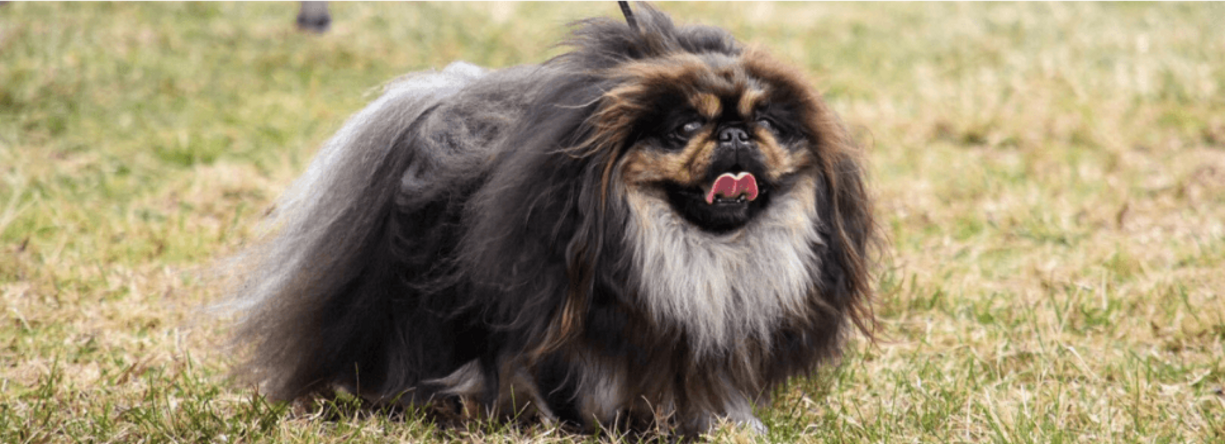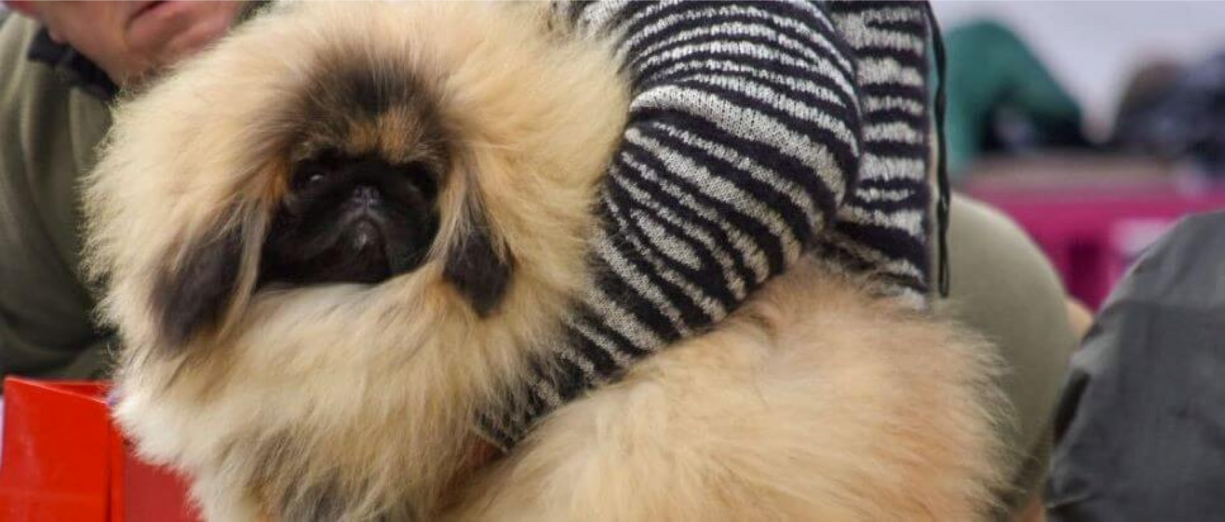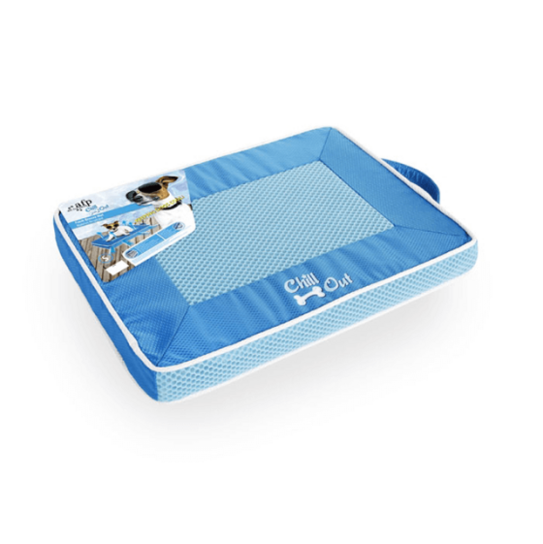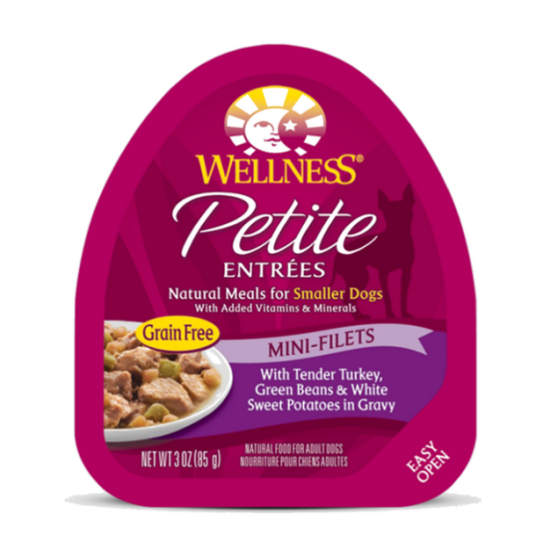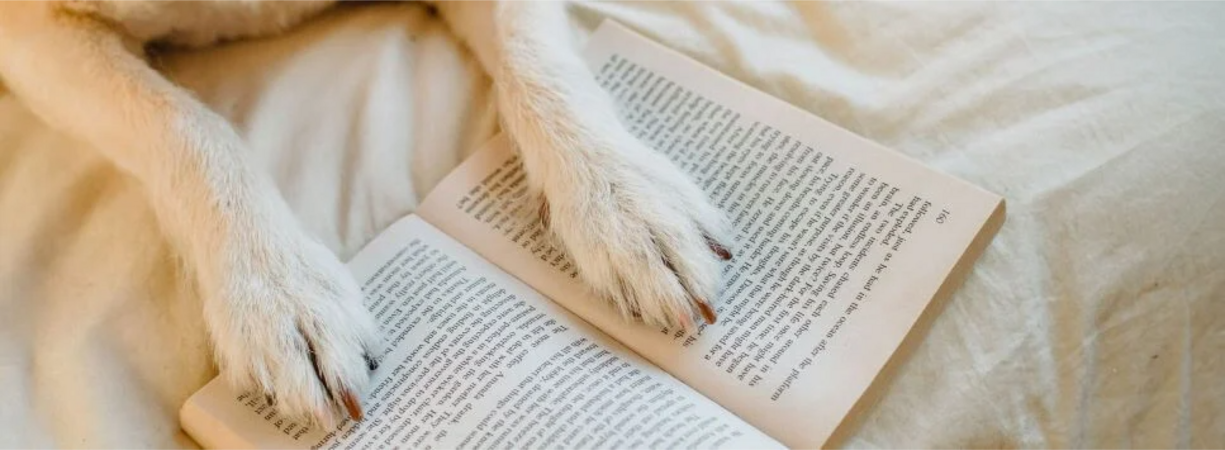How big do Pekingese get?
The Pekingese averages 3 to 6kg and stands up to 20 cm high at the shoulder.
How much does a Pekingese cost?
Pekingese pups in Australia may cost anywhere from $2,000 - $4,000. Of course, as with any breed, it is cheaper to adopt an adult dog from a rescue.
Are Pekingese good pets?
Pekingese thrive on attention and make ideal companions for less active owners as they do not require much exercise. If properly socialised when they are young, Pekingese will be fine with children, however, they won't tolerate rough play.
How long do Pekingese live?
Like most small breed dogs, Pekingese are relatively long lived although they are prone to a number of health problems due to their short faces and prominent eyes. As long as you ensure your Pekingese has a complete and balanced diet, appropriate exercise, does not become overweight or develop dental disease, you can expect to have your companion for up to 15 years.
Do Pekingese shed?
Pekingese shed twice a year like most dogs, however, their long luxurious coats need daily grooming with a good quality pin brush or metal comb. Extra attention should be paid to keeping their faces and bottoms clean.
How much exercise do Pekingese need?
Pekingese do not require a lot of exercise and a short walk or play session of around 20 minutes per day is sufficient. Care must be taken during hot weather as Pekingese are prone to overheating due to their short faces and long coats. Walking early in the morning or at night is recommended.
Do Pekingese bark much?
Pekingese are very alert and believe one of their duties is to protect their family, so they may bark if anything unusual happens. If your Pekingese is barking excessively, providing appropriate training and distractions will help to curb this unwanted behaviour.
How do I choose a Pekingese breeder?
When looking for a Pekingese, your options are to: a) adopt from a rescue (this is our top recommendation!) b) buy from an or online marketplace or pet store (NOT recommended!), or c) Research a reputable breeder. Never purchase a puppy without inspecting the breeder's premises and asking the 10 Breeder Checklist Questions first. Good breeders socialise their animals, house them humanely, allow you to inspect their premises, and selectively breed healthy traits and good temperaments. Read our Guide to Finding a Good Breeder for more tips.
